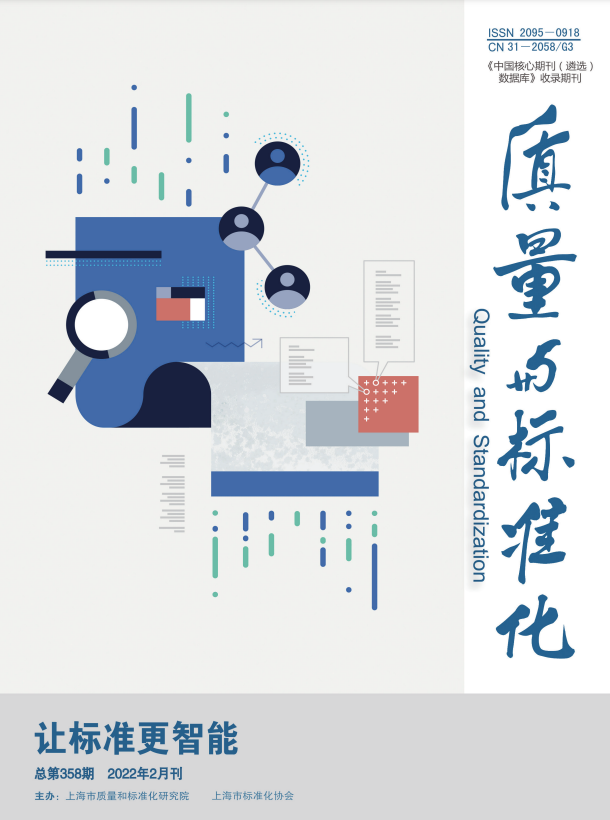-
Publications
March 15, 2022
New Article on Digitalization Published in Chinese Standardization Journal
 Jessie Guo, regional standards manager for UL Standards and Engagement in South China, recently published the article, “Digitalization Enhances Standards Service,” in the Chinese journal, Quality and Standardization, a publication with a target audience of government officials, authorities having jurisdiction (AHJs), industry experts, institutes, and testing and standards organizations. The journal is published in Chinese, and its publishers estimate that its hard copy distribution reaches more than 10,000 readers in China.
Jessie Guo, regional standards manager for UL Standards and Engagement in South China, recently published the article, “Digitalization Enhances Standards Service,” in the Chinese journal, Quality and Standardization, a publication with a target audience of government officials, authorities having jurisdiction (AHJs), industry experts, institutes, and testing and standards organizations. The journal is published in Chinese, and its publishers estimate that its hard copy distribution reaches more than 10,000 readers in China.
In standardization, the trend of digitalization involves introducing tech and data innovations such as modularization, iteration, and machine learning to the standards development process in order to meet the demands of a rapidly evolving society. The article explains how digitalization enhances the efficiency of the standards development process, as well as the publishing, exchange, and use of standards, as can be seen in the digitalization strategies deployed by national and regional standardization bodies such as the European Committee for Standardization (CEN), the European Committee for Electrotechnical Standardization (CENELEC), the American National Standards Institute (ANSI), and the Standardization Administration of China (SAC).
Through the Modern Standards Program (MSP) at UL Standards and Engagement, digitalization plays a key role in our plan to overhaul our approach to operations, technology, and stakeholder engagement, as we aim to meet market demand and stakeholder and partner needs. Among these updates is the use of machine learning technology to speed up the iteration of standards. In the article, Guo also explains how iteration helps to enhance the standards development process by spurring on standards updates such as proposal revisions, comment resolutions, recirculation, and consensus achievement.
Our online Collaborative Standards Development System (CSDS) allows anyone to participate in the UL standards development process by reviewing and submitting information. The system helps enhance stakeholder transparency and openness throughout the standards development process, and it also promotes increased collaboration for stakeholders around the world. In the article, Guo uses UL 4600, the Standard for Safety for the Evaluation of Autonomous Products, as an example of how CSDS helped provide a diverse group of global stakeholders with the transparency, openness, and iteration necessary to engage, collaborate, and publish a standard that meets industry and stakeholder needs after only nine months of development.